
Find Help
More Items From Ergsy search
-

What is the difference between HIV and AIDS?
Relevance: 100%
-

What is HIV / AIDS?
Relevance: 87%
-

What is AIDS?
Relevance: 64%
-

What is HIV?
Relevance: 62%
-

HIV and pregnancy | NHS
Relevance: 57%
-

Are there vaccines available for HIV?
Relevance: 56%
-
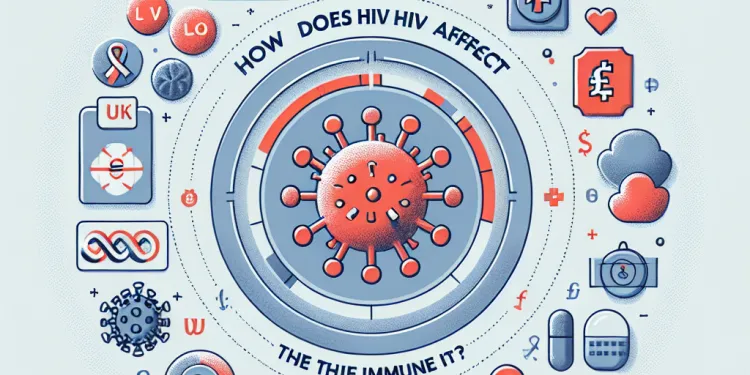
How does HIV affect the immune system?
Relevance: 55%
-
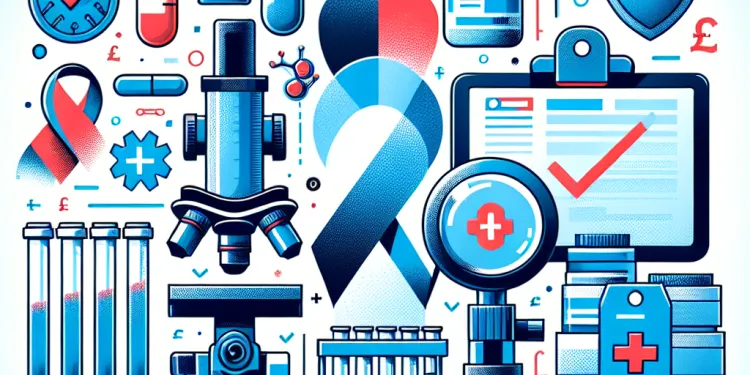
How is HIV diagnosed?
Relevance: 53%
-
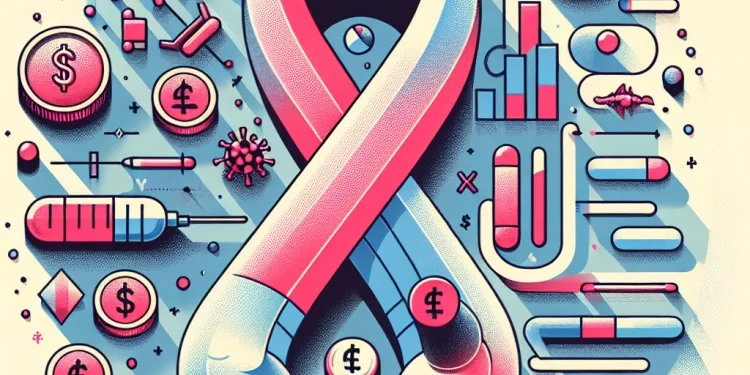
How is HIV transmitted?
Relevance: 51%
-

Sexual Health - HIV Testing
Relevance: 51%
-
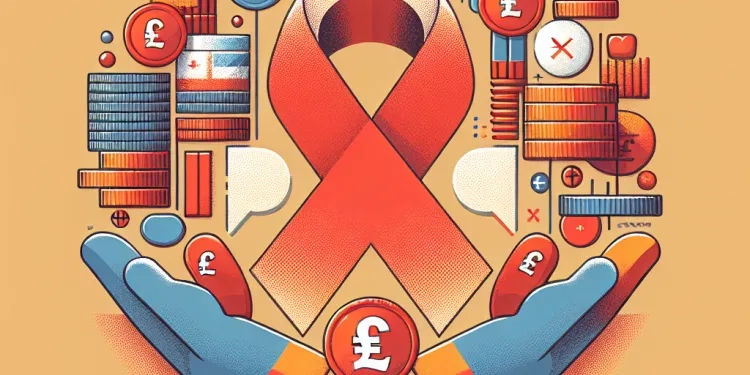
How can HIV be prevented?
Relevance: 50%
-
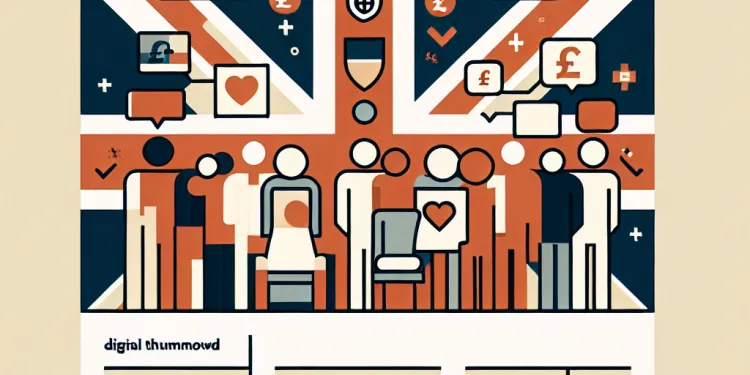
Can people with HIV lead normal lives?
Relevance: 49%
-

HIV - My Story - Florence | NHS
Relevance: 49%
-
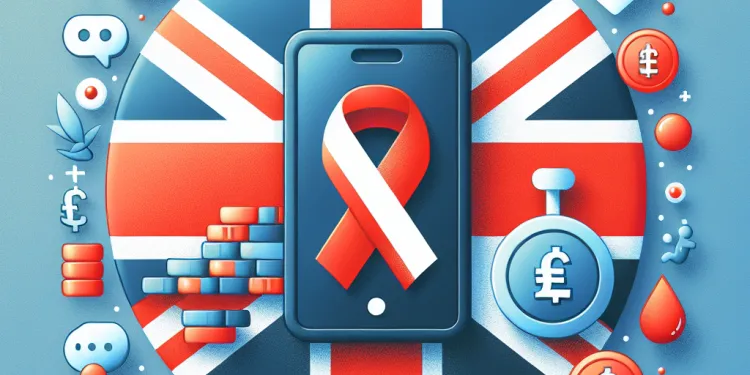
Is HIV only a concern for certain groups of people?
Relevance: 49%
-

Can HIV be transmitted through insect bites?
Relevance: 49%
-
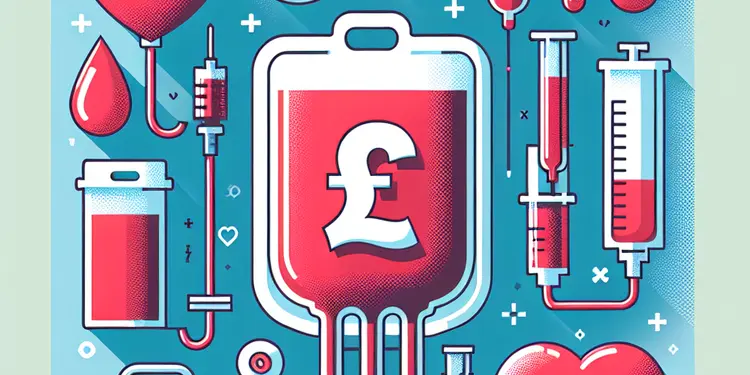
Can HIV be transmitted through blood transfusions?
Relevance: 46%
-
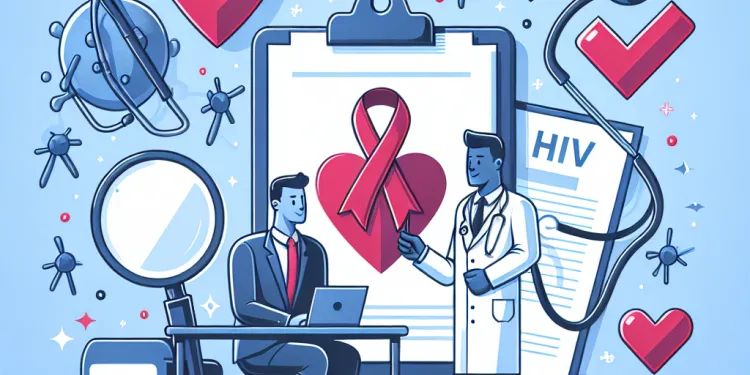
What are the symptoms of HIV?
Relevance: 45%
-

What role does stigma play in the HIV epidemic?
Relevance: 44%
-
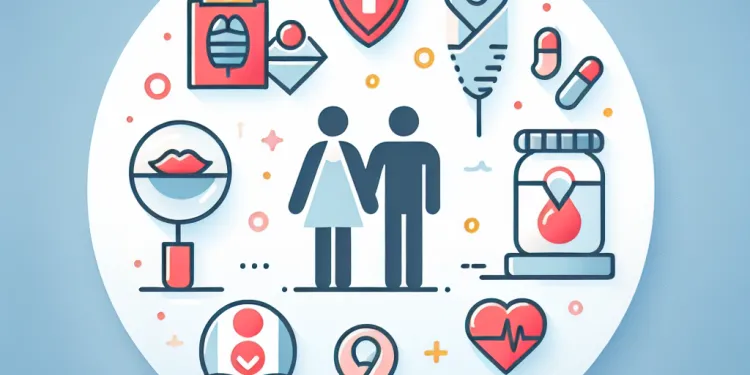
Is it safe for a partner of someone with HIV to have children?
Relevance: 44%
-
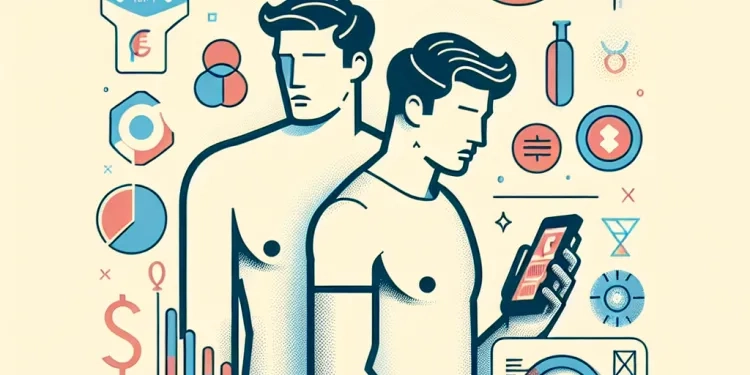
How often should someone get tested for HIV?
Relevance: 43%
-
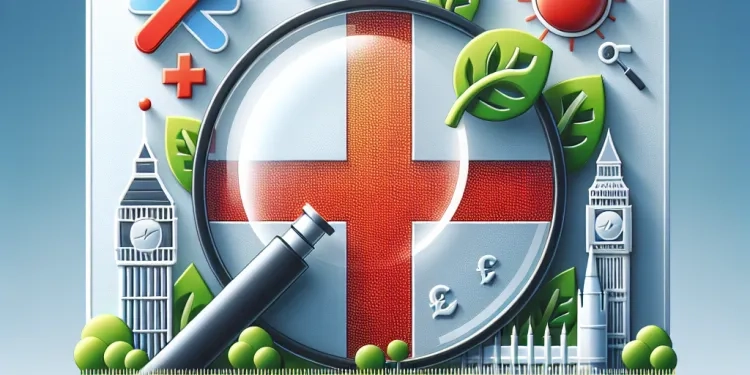
Can HIV be cured?
Relevance: 41%
-
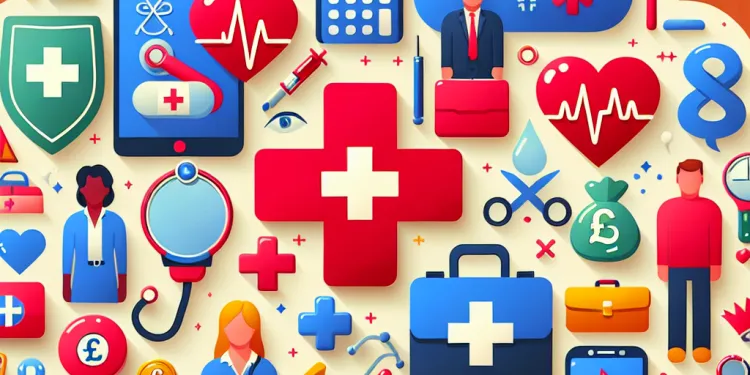
Are there specific first aid courses for different professions?
Relevance: 40%
-

Do first aid certifications expire?
Relevance: 36%
-

Where can I learn First Aid?
Relevance: 36%
-
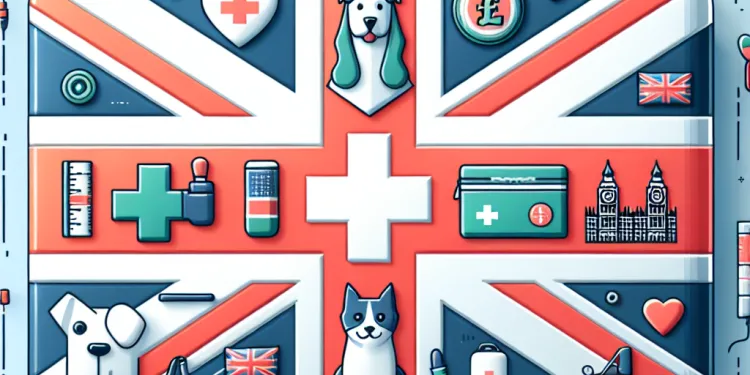
Are there first aid courses for pets?
Relevance: 36%
-

Are there mobile apps that teach first aid?
Relevance: 35%
-

Can I learn first aid as a group?
Relevance: 35%
-

How to remove your hearing aid
Relevance: 35%
-

How to insert your hearing aid
Relevance: 34%
-

Are there financial aids available for further education?
Relevance: 34%
-
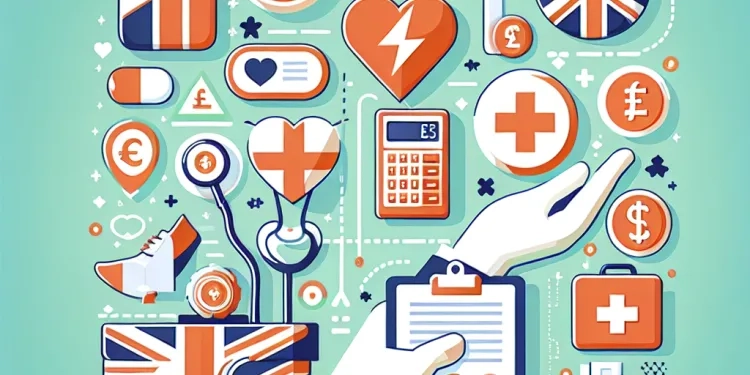
What is the best first aid certification to obtain?
Relevance: 34%
-

Can I take first aid courses in person?
Relevance: 34%
-

What topics are covered in a first aid course?
Relevance: 33%
-

What age is appropriate to start learning first aid?
Relevance: 33%
-

Are there free resources for learning first aid?
Relevance: 33%
-

Showing you around your hearing aid
Relevance: 33%
-
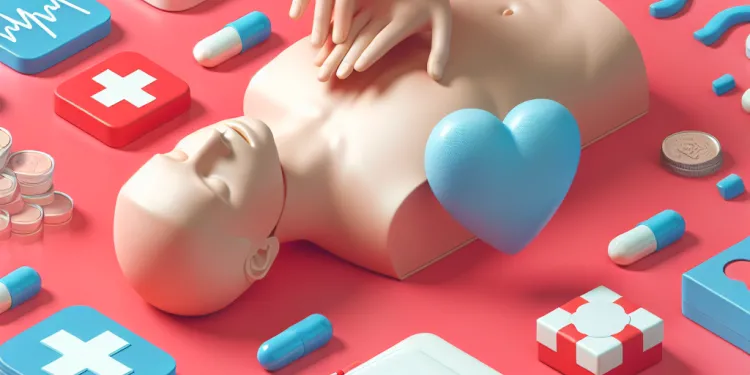
How important is it to learn CPR along with first aid?
Relevance: 33%
-

Where can I learn first aid online?
Relevance: 33%
-

How can I practice first aid skills effectively?
Relevance: 32%
-

How to clean your hearing aid
Relevance: 32%
Introduction to HIV and AIDS
Human Immunodeficiency Virus (HIV) and Acquired Immune Deficiency Syndrome (AIDS) are often mentioned together, but they are not the same thing. Understanding their differences is crucial for effective awareness and management. HIV is a virus that affects the immune system, gradually weakening the body's ability to fight infections and diseases. AIDS is the most severe phase of HIV infection, characterized by the occurrence of certain life-threatening illnesses or a critically low number of CD4 cells.
What is HIV?
HIV is a virus that targets the immune system's CD4 cells, also known as T cells. Over time, HIV can destroy so many of these cells that the body becomes unable to fend off infections and disease. Unlike some other viruses, the human body cannot fully eliminate HIV, so once a person has HIV, they have it for life. The spread of HIV occurs through contact with certain body fluids from a person who has HIV. These fluids include blood, semen, vaginal and rectal fluids, and breast milk. It is important to note that HIV is not spread through everyday contact like shaking hands, hugging, or sharing utensils.
What is AIDS?
AIDS is a condition that can develop in individuals with advanced HIV infection. Not everyone with HIV will develop AIDS. It represents the last stage of HIV infection, when the immune system is severely depleted. People with AIDS have a high viral load and a significantly reduced number of CD4 cells. This leads to the increased susceptibility to opportunistic infections or cancers that do not usually affect individuals with healthy immune systems. AIDS is diagnosed based on the number of CD4 cells present in the blood or the occurrence of specific illnesses.
Difference Between HIV and AIDS
The main difference between HIV and AIDS is that HIV is a virus, while AIDS is a condition. The progression from HIV to AIDS can take several years if untreated, as HIV gradually damages the immune system. With antiretroviral therapy (ART), people with HIV can live long, healthy lives and may never develop AIDS. Therefore, early detection and consistent treatment of HIV are critical in preventing the progression to AIDS. In summary, a person can live with HIV without developing AIDS, but a person with AIDS has had HIV, leading to severe immune system damage.
Conclusion
Knowing the difference between HIV and AIDS is essential for prevention, diagnosis, and treatment. Effective treatment and early intervention can manage HIV, allowing individuals to maintain a high quality of life. Awareness and education remain vital in combating the spread of HIV and supporting those who live with the virus. Understanding these differences can help reduce stigma and improve health outcomes for individuals across the UK and globally.
Introduction to HIV and AIDS
HIV and AIDS are names you might hear together, but they mean different things. HIV is a virus. It makes it hard for the body to fight off sickness. AIDS is what can happen if someone has HIV for a long time without treatment. AIDS means the person's body gets very weak and can get very sick.
What is HIV?
HIV is a virus that attacks special cells in the body that help fight off sickness. These cells are called CD4 cells or T cells. If HIV destroys too many of these cells, the body can't fight infections well. Once you have HIV, it stays in your body forever. You can catch HIV from certain body fluids like blood and milk, but not from hugs or sharing forks.
What is AIDS?
AIDS happens when someone with HIV has a very weak body defense system. Not everyone with HIV gets AIDS. AIDS is when the body can't fight off sickness at all. People with AIDS can get very sick from germs that don't bother healthy people. Doctors check for AIDS by looking at CD4 cells or specific sicknesses.
Difference Between HIV and AIDS
HIV is the virus. AIDS is what can happen if HIV is not treated. Even without treatment, it can take years for HIV to turn into AIDS. Medicine can help people with HIV stay healthy and stop them from getting AIDS. Early checks and medicine are important. Not everyone with HIV will get AIDS if they get medicine.
Conclusion
Knowing the difference between HIV and AIDS helps stop them from spreading and helps people stay healthy. Medicine and knowing about HIV can help people live well. It's important to learn and teach others about HIV and AIDS. This can help support people and stop the spread.
Frequently Asked Questions
What is HIV?
HIV (Human Immunodeficiency Virus) is a virus that attacks the body's immune system, specifically the CD4 cells (T cells), which can lead to immune system deterioration.
What is AIDS?
AIDS (Acquired Immunodeficiency Syndrome) is the most severe phase of HIV infection, characterized by a severely compromised immune system and the appearance of certain opportunistic infections or cancers.
How is HIV different from AIDS?
HIV is the virus that causes the condition, while AIDS is the most advanced stage of HIV infection, characterized by a critically weakened immune system.
Can a person have HIV without having AIDS?
Yes, a person can have HIV without it progressing to AIDS. Many people with HIV do not develop AIDS, especially if they receive the appropriate treatment.
Is it possible to have AIDS without prior HIV infection?
No, AIDS cannot exist without prior HIV infection, as it is the virus that eventually leads to AIDS if left untreated.
How does HIV progress to AIDS?
Over time, HIV can destroy so many CD4 cells that the body can’t fight off infections and diseases, leading to AIDS when the CD4 count falls below a certain level or when certain opportunistic infections occur.
Can HIV be treated?
Yes, HIV can be managed with antiretroviral therapy (ART), which helps control the virus and prevent the progression to AIDS.
Is there a cure for AIDS?
Currently, there is no cure for AIDS, but it can be managed with effective HIV treatment, allowing people to live longer, healthier lives.
What are the symptoms of HIV?
Initial symptoms of HIV can include flu-like symptoms, but many people may not show any signs for years. As the infection progresses, symptoms like weight loss, fever, fatigue, and recurrent infections may occur.
What are the symptoms of AIDS?
Symptoms of AIDS include severe weight loss, persistent fevers, night sweats, fatigue, swollen lymph nodes, and opportunistic infections such as pneumonia, tuberculosis, and certain cancers.
Can someone live a normal life with HIV?
Yes, with proper medical care and treatment, individuals with HIV can live long, healthy lives and prevent the progression to AIDS.
How is HIV transmitted?
HIV is transmitted through certain body fluids, including blood, semen, vaginal and rectal fluids, and breast milk, most commonly during unprotected sex and sharing needles.
How can AIDS be prevented?
Preventing AIDS involves preventing HIV infection through safe practices, such as using condoms, getting tested regularly, taking preventive medication like PrEP, and avoiding sharing needles.
What is the role of CD4 cells in HIV?
CD4 cells, or T cells, are a type of white blood cell that plays a significant role in the immune system. HIV targets and destroys these cells, leading to a weakened immune response.
Is HIV a chronic condition?
Yes, HIV is considered a chronic condition that requires lifelong treatment and management.
Is there a vaccine for HIV or AIDS?
Currently, there is no vaccine for HIV or AIDS, but research is ongoing to develop one.
What is ART?
ART stands for antiretroviral therapy, which is a combination of medications used to treat HIV by controlling the virus and helping to prevent its progression.
Can ART prevent HIV from progressing to AIDS?
Yes, effective ART can prevent HIV from progressing to AIDS by keeping the viral load low and maintaining the health of the immune system.
What does viral load mean in the context of HIV?
Viral load refers to the amount of HIV in the blood. ART aims to reduce the viral load to undetectable levels, which helps protect the immune system.
What is an opportunistic infection in AIDS?
Opportunistic infections are infections that occur more frequently or are more severe in people with weakened immune systems, such as those with AIDS. These include infections like tuberculosis, certain types of pneumonia, and fungal infections.
What is HIV?
HIV is a virus. It can make people sick. HIV hurts the body's defense system.
If the body's defense system is weak, it is easier to get sick.
People can take medicine to help them if they have HIV. This medicine helps them stay healthy.
Some people find pictures and videos helpful to learn more about HIV.
HIV is a virus that can make you sick. It attacks the part of your body that helps you stay healthy, called the immune system. This virus harms special cells called CD4 or T cells. When these cells are hurt, it can make it hard for your body to fight off other illnesses.
What is AIDS?
AIDS is a disease that makes it hard for your body to fight off illness. It happens when a virus called HIV gets into your body and makes you sick over time.
If you have AIDS, it is important to see a doctor who can help you. Medicine can help you feel better and stay healthy for longer.
Talking to someone you trust can also be helpful. They can support you and help you understand more about AIDS.
AIDS is a very serious stage of an illness called HIV. It means the body's system that fights germs, called the immune system, is very weak. This can make a person get sick easily with infections or cancers.
If reading is hard, listening to the text with an audio reader or using a reading app can help. You can also ask someone to read it out loud for you.
What is the difference between HIV and AIDS?
HIV is a virus. It can make you sick.
AIDS comes after having HIV for a long time. It means the body gets very weak and it's hard to fight off other illnesses.
Tips to understand:
- Ask an adult if you need help.
- Use pictures or videos to learn more.
- Talk to a doctor to ask questions.
HIV is a harmful bug that can make you sick. AIDS is what happens when HIV makes your body very weak and unable to fight germs.
Can someone have HIV but not AIDS?
Yes, a person can have HIV and not get AIDS.
HIV is a virus that can make people sick. But, with the right medicine, people can live a long time without getting AIDS.
It is important to go to the doctor and take medicine if you have HIV. This helps keep you healthy.
Using tools like charts or pictures can help you understand more about HIV and AIDS.
Yes, someone can have HIV and it might not turn into AIDS. Many people do not get AIDS if they get the right treatment.
Can you get AIDS without having HIV first?
AIDS is a sickness that happens because of the HIV virus. You cannot have AIDS without first getting HIV.
Helpful Tip: Use simple words and short sentences if you're talking about this with others.
Helpful Tool: You can use picture cards or drawings to help explain what HIV and AIDS are.
No, you can't get AIDS without having HIV first. HIV is a virus. If you don't treat it, it can turn into AIDS.
How does HIV turn into AIDS?
HIV is a virus that can make you sick. If it's not treated, it can become something called AIDS. Here’s what happens:
- HIV attacks the body: HIV is a germ that gets inside your body. It hurts your immune system, which is what keeps you from getting sick.
- The immune system gets weaker: Over time, if you don’t take medicine, HIV can make your immune system very weak.
- AIDS develops: When the immune system gets very weak, your body can't fight off other germs and illnesses. This is called AIDS.
Tip for staying healthy: If you have HIV, it's important to see a doctor and take your medicine. This can help you stay healthy and keep HIV from turning into AIDS.
Support tool: Talking to a trusted adult or joining a support group can make you feel better and help you understand HIV and AIDS better.
HIV is a virus that can make people very sick. It attacks important cells in your body that help you stay healthy. These cells are called CD4 cells.
If HIV destroys too many CD4 cells, your body can’t fight off other illnesses anymore.
This can lead to a sickness called AIDS. This happens when your CD4 cells are very low or when you get certain other infections.
For help, you can use pictures or videos to understand better. Talking to a doctor or counselor can also help you learn more about HIV and AIDS.
Can HIV be treated?
Yes, people with HIV can take medicine to help them feel better and live longer. These medicines are called ART. ART helps to keep the virus very low.
Here are some ways to stay healthy:
- Take your medicine every day.
- Go to the doctor regularly.
- Eat healthy food.
- Ask for help from friends and family.
Yes, people with HIV can stay healthy by taking special medicine called antiretroviral therapy (ART). This medicine helps keep the virus under control, so it doesn't turn into a more serious illness called AIDS.
Can AIDS be completely healed?
No, AIDS cannot be completely healed. There is no cure. But there are medicines that can help people with AIDS feel better and live longer.
If you have questions, talk to a doctor. They can explain more and help you understand.
Tools that might help:
- Ask someone you trust to explain things to you.
- Use simple videos or pictures to learn more about AIDS.
- Write down questions you have and ask a doctor.
Right now, there is no cure for AIDS. But people can take HIV medicine to help them feel better and live longer.
What happens when someone has HIV?
At first, HIV can make you feel like you have the flu. You might feel sick, but some people don't feel anything for a long time. Later, if the virus gets worse, you might lose weight, get a fever, feel very tired, or get sick a lot.
What happens if you have AIDS?
If someone has AIDS, they might feel very sick. They could lose a lot of weight. They might also have fevers that don't go away, sweat a lot at night, and feel very tired. Sometimes, the glands in their neck or under their arms might be swollen. People with AIDS can get sick very easily with things like pneumonia, tuberculosis, and some types of cancer.
For support, using picture aids or speaking with a trusted adult can help understand better. Talking to a doctor can provide more help too.
Can a person with HIV live a normal life?
Yes, with the right help from doctors and medicine, people with HIV can live long, healthy lives and stop it from turning into AIDS.
How do people get HIV?
HIV can spread through some body fluids. These fluids include blood, semen, and fluids from the vagina and bottom. It can also spread through breast milk. This often happens during sex without a condom or when sharing needles.
How can we stop people from getting AIDS?
Stopping AIDS means we need to stop the virus called HIV from spreading. We can do this by:
- Using condoms when having sex.
- Getting tested for HIV regularly.
- Taking special medicine called PrEP if your doctor says it’s right for you.
- Not sharing needles with other people.
It's important to make safe choices to stay healthy.
What do CD4 cells do in HIV?
CD4 cells are a type of white blood cell in your body. They help protect you from getting sick.
HIV is a virus that attacks CD4 cells. When you have HIV, your CD4 cells get weaker. This makes it harder for your body to fight off other illnesses.
To learn more, you can use pictures or videos to help understand. Talking with a doctor or a friend can also help.
CD4 cells, also known as T cells, are special white blood cells. They help the body fight infections. HIV is a virus that attacks these cells. When this happens, it makes it harder for the body to stay healthy.
Is HIV a long-term sickness?
HIV is a virus that can make you sick for a long time. People who have HIV can live a long time, but they need to take their medicine every day. The medicine helps them stay healthy.
To understand more about HIV, you can:
- Talk to a doctor or nurse.
- Use a simple website that explains HIV.
- Ask someone you trust to help you understand.
Yes, HIV is a long-lasting illness. You need to take medicine and see a doctor for your whole life.
Is there a vaccine for HIV or AIDS?
No, there is no vaccine for HIV or AIDS right now. But doctors and scientists are working to find one.
If you want to learn more, you can ask a doctor or look for trusted information online. Using pictures or simple videos can help you understand better.
Right now, there is no shot to stop HIV or AIDS. But scientists are working hard to make one.
What is ART?
ART means making things like paintings, drawings, and sculptures. It's when people use colors and shapes to share their feelings and ideas.
If reading is hard, try listening to someone read it to you. You can also use pictures to help understand what ART is.
ART means taking medicine to help people with HIV. These medicines work together to stop the virus from growing and keep people healthy.
Can Medicine Stop HIV from Becoming AIDS?
People with HIV can take special medicine to stay healthy. This medicine is called ART (A-R-T). ART can help stop HIV from turning into a worse sickness called AIDS.
Here are some tips that can help:
- Take your medicine every day as the doctor says.
- Go to regular doctor visits.
- Use alarms to remember when to take your medicine.
- Ask someone you trust for help if you find it hard to take your medicine.
Yes, taking the right HIV medicine can stop it from turning into AIDS. The medicine keeps the virus low and helps keep your body's defense system strong.
What is Viral Load in HIV?
Viral load tells us how much of the HIV virus is in a person's blood.
A higher viral load means more virus is in the body.
A lower viral load means there is less virus in the body.
Doctors use viral load tests to check how HIV treatment is working.
Helpful tools:
- Use pictures to explain the information.
- Highlight key words like "viral load" and "HIV".
- Ask someone to read with you for support.
Viral load means how much HIV is in the blood. ART is medicine that helps make the viral load go down so low that it can't be seen. This helps keep the body’s defense system strong.
What is an opportunistic infection in AIDS?
People with AIDS can get sick from germs. These germs are called germs or infections. Usually, our bodies can fight these germs.
But when someone has AIDS, their body is weak. This makes it hard to fight off these germs. These special germs are called "opportunistic infections."
If you have AIDS, it is important to see a doctor. They can help keep you safe from these germs. Doctors use medicine to help people with AIDS stay healthy.
Remember to ask for help if you do not understand. You can also use pictures or videos to learn more.
Opportunistic infections are sicknesses that happen more often or are worse in people who have weak body defenses, like people with AIDS. Examples are sicknesses like tuberculosis, some kinds of pneumonia, and infections caused by fungi.
If you need help reading, you can use tools like audiobooks or ask someone to read with you. Highlighting or underlining important parts can also help you understand better.
Useful Links
This website offers general information and is not a substitute for professional advice.
Always seek guidance from qualified professionals.
If you have any medical concerns or need urgent help, contact a healthcare professional or emergency services immediately.
Some of this content was generated with AI assistance. We’ve done our best to keep it accurate, helpful, and human-friendly.
- Ergsy carfully checks the information in the videos we provide here.
- Videos shown by Youtube after a video has completed, have NOT been reviewed by ERGSY.
- To view, click the arrow in centre of video.
- Most of the videos you find here will have subtitles and/or closed captions available.
- You may need to turn these on, and choose your preferred language.
- Go to the video you'd like to watch.
- If closed captions (CC) are available, settings will be visible on the bottom right of the video player.
- To turn on Captions, click settings .
- To turn off Captions, click settings again.
More Items From Ergsy search
-

What is the difference between HIV and AIDS?
Relevance: 100%
-

What is HIV / AIDS?
Relevance: 87%
-

What is AIDS?
Relevance: 64%
-

What is HIV?
Relevance: 62%
-

HIV and pregnancy | NHS
Relevance: 57%
-

Are there vaccines available for HIV?
Relevance: 56%
-

How does HIV affect the immune system?
Relevance: 55%
-

How is HIV diagnosed?
Relevance: 53%
-

How is HIV transmitted?
Relevance: 51%
-

Sexual Health - HIV Testing
Relevance: 51%
-

How can HIV be prevented?
Relevance: 50%
-

Can people with HIV lead normal lives?
Relevance: 49%
-

HIV - My Story - Florence | NHS
Relevance: 49%
-

Is HIV only a concern for certain groups of people?
Relevance: 49%
-

Can HIV be transmitted through insect bites?
Relevance: 49%
-

Can HIV be transmitted through blood transfusions?
Relevance: 46%
-

What are the symptoms of HIV?
Relevance: 45%
-

What role does stigma play in the HIV epidemic?
Relevance: 44%
-

Is it safe for a partner of someone with HIV to have children?
Relevance: 44%
-

How often should someone get tested for HIV?
Relevance: 43%
-

Can HIV be cured?
Relevance: 41%
-

Are there specific first aid courses for different professions?
Relevance: 40%
-

Do first aid certifications expire?
Relevance: 36%
-

Where can I learn First Aid?
Relevance: 36%
-

Are there first aid courses for pets?
Relevance: 36%
-

Are there mobile apps that teach first aid?
Relevance: 35%
-

Can I learn first aid as a group?
Relevance: 35%
-

How to remove your hearing aid
Relevance: 35%
-

How to insert your hearing aid
Relevance: 34%
-

Are there financial aids available for further education?
Relevance: 34%
-

What is the best first aid certification to obtain?
Relevance: 34%
-

Can I take first aid courses in person?
Relevance: 34%
-

What topics are covered in a first aid course?
Relevance: 33%
-

What age is appropriate to start learning first aid?
Relevance: 33%
-

Are there free resources for learning first aid?
Relevance: 33%
-

Showing you around your hearing aid
Relevance: 33%
-

How important is it to learn CPR along with first aid?
Relevance: 33%
-

Where can I learn first aid online?
Relevance: 33%
-

How can I practice first aid skills effectively?
Relevance: 32%
-

How to clean your hearing aid
Relevance: 32%


